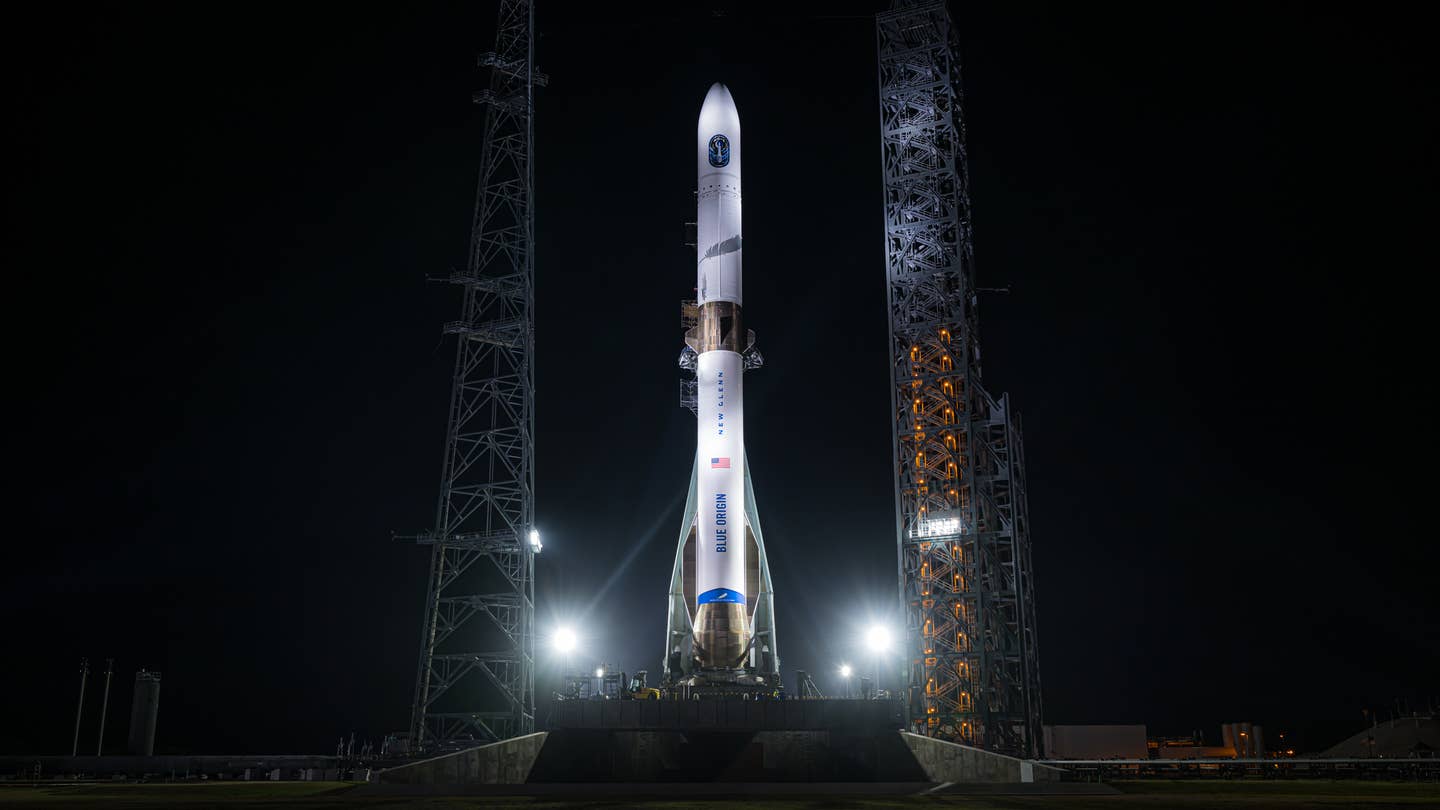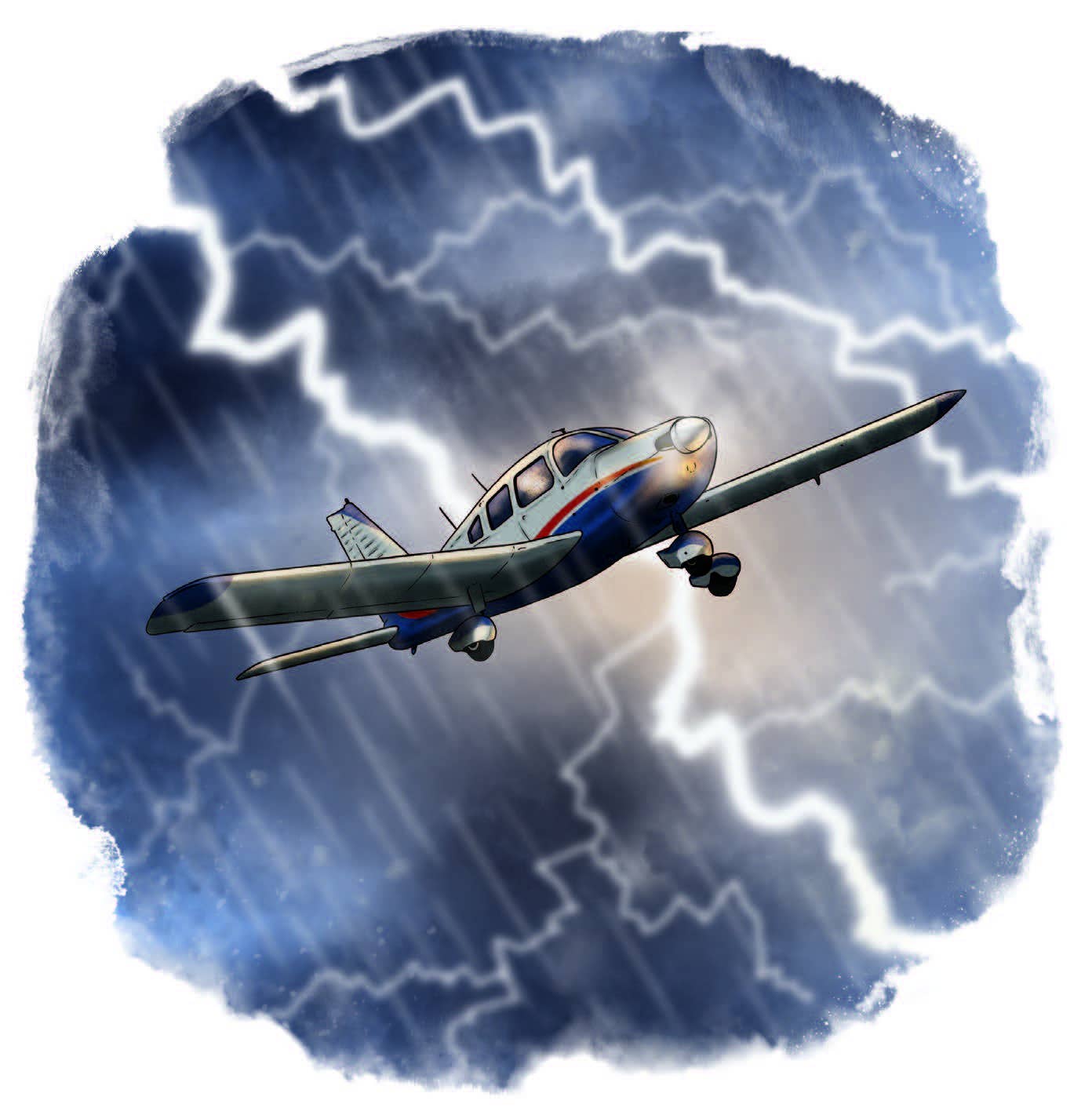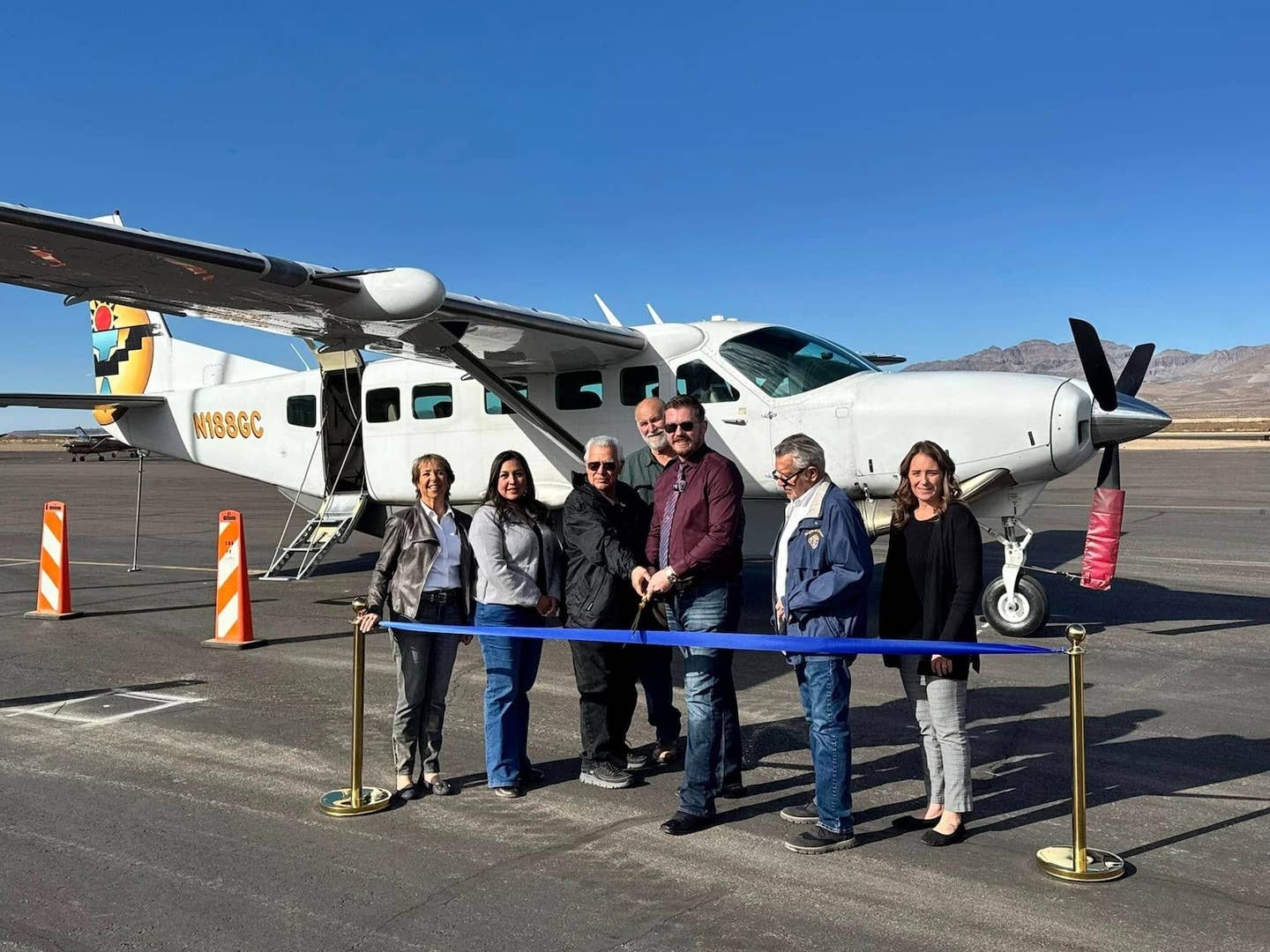
Firefighters on the scene of the accident. Greenville Police Department
A Dassault Falcon 50 attempting to land on the Greenville Downtown Airport’s (GMU) Runway 19 last Thursday was unable to stop in the 5,393-foot length of the asphalt surface. The trijet eventually rolled off the end of the runway and plummeted down a 35-foot embankment before crashing through the airport’s perimeter fence, where the fuselage snapped in two. The two pilots aboard lost their lives in the accident, while the two passengers in the cabin were taken to a local hospital in critical condition. Ironically, if the jet had landed from the other direction on Runway 1, it likely would have been stopped by the EMAS designed to keep aircraft from running off the end of that runway.
Late breaking news from the Tampa Bay Times reports neither of the two pilots aboard the aircraft were qualified on the Falcon 50. John Caswell acting as PIC on the fatal flight, held only a second-in-command authorization on the Falcon 50, while SIC Stephen Fox apparently held only a private pilot certificate without an instrument rating. It also appears the Falcon may have been operated under Part 135 charter regulations, which if correct, would also make these two pilots completely unqualified to operate the aircraft.
When rescuers reached the aircraft, at least one of the Falcon’s engines was still running, reportedly sending plumes of dirt into the air. Local aircraft mechanics on the scene were eventually able to shut down the engine as hazmat teams arrived to clean up the fuel spill. Luckily, the aircraft did not catch fire during the incident.
Both the aircraft’s flight data and cockpit voice recorder were retrieved and sent to NTSB headquarters in Washington for analysis. NTSB investigator on the scene, Dan Boggs said a preliminary accident report would take about 2-3 weeks to complete while the factual report might require 12-18 months.
Historical weather data gathered from around the time of the accident included light winds from the northeast, overcast skies at 300 feet and visibility of 3 miles in light rain.

Sign-up for newsletters & special offers!
Get the latest FLYING stories & special offers delivered directly to your inbox






